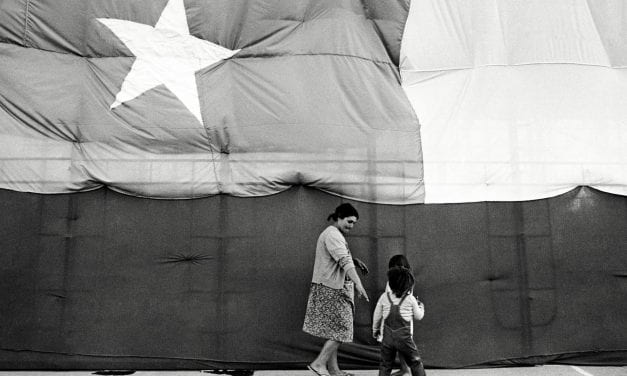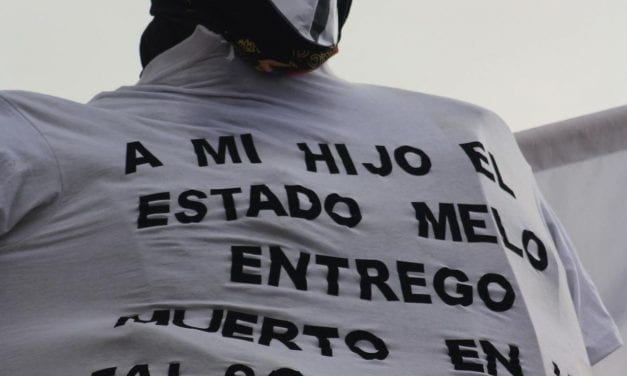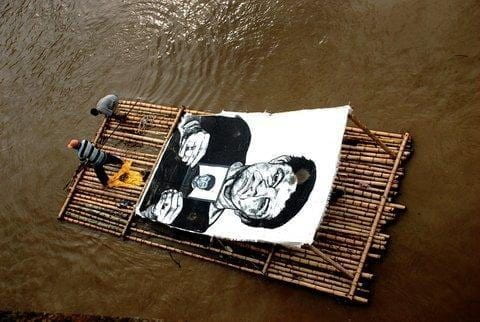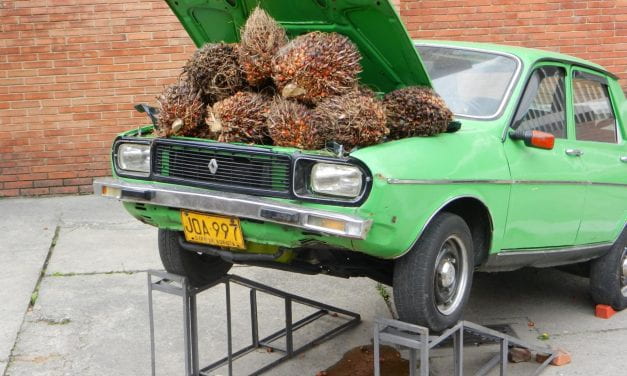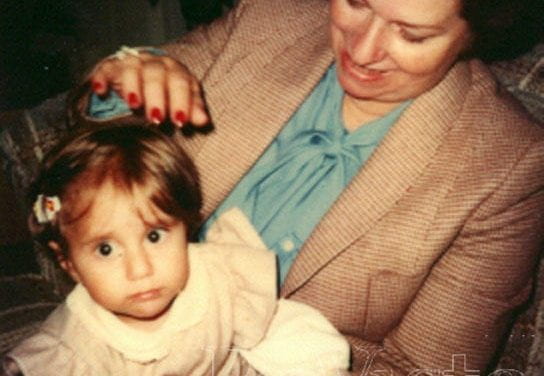The Rub: Against the Proud Grain of Chile’s History
Brace yourself as you enter the Museum of Memory and Human Rights in Santiago de Chile. Galleries of missing people will glare back at your glance, from a wall so enormous the collective calamity exceeds the span of your vision. The photographed faces float over funerary candles in the above ground altar, and another subterranean crypt designed by Alfredo Jaar shows an eerie nothing at first. …
Read More
